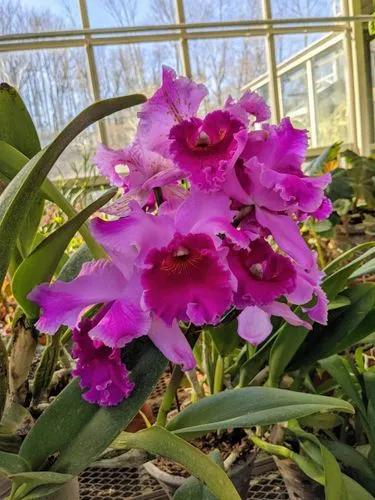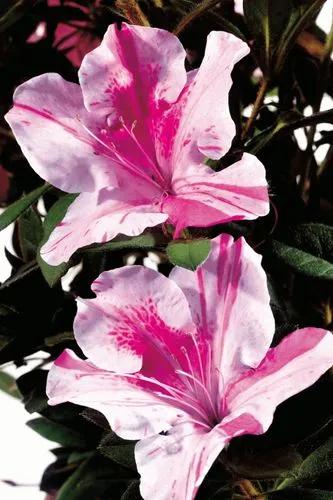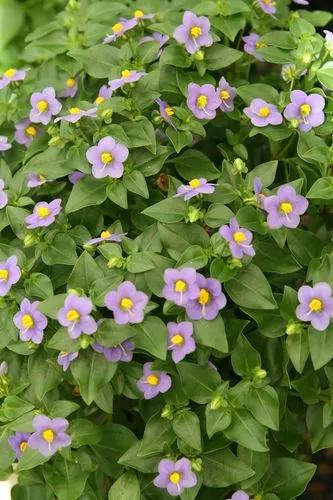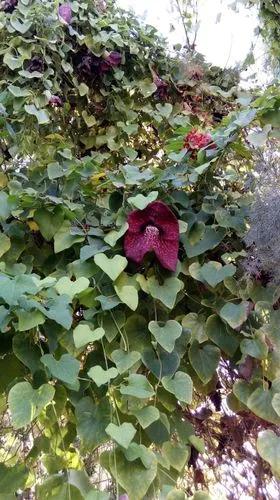The large, bright, terminal blossoms of this showy, 2-4 ft. perennial are made up of small, rose-purple flowers. Deep pink flowers clustered at the top of a tall, branching stem, bearing numerous narrow, lanceolate leaves. Opposite, narrow, lance-shaped leaves line the erect, open-branched stem. Elongated, tan-brown seed pods persist into winter.The juice of this wetland milkweed is less milky than that of other species. The genus was named in honor of Aesculapius, Greek god of medicine, undoubtedly because some species have long been used to treat a variety of ailments. The Latin species name means flesh-colored.
Red Milkweed Care
Asclepias Incarnata



What is the plant
How to Care for the Plant

Water

Requires consistently moist soil; do not let dry out between waterings

Pruning

No pruning required

Sunlight

Sun to Partial Shade
Ease your plant care routine with PlantIn's personalized system.

Soil

Rich, wet, very muddy to average garden moisture. One of the few ornamentals that thrives in mucky clay soils. Prefers neutral to slightly acidic soil but will tolerate heavy clay.

Popularity

956 people already have this plant 118 people have added this plant to their wishlists
What's wrong with your plant?
Related Plants
Discover more plants with the list below
Popular articles






